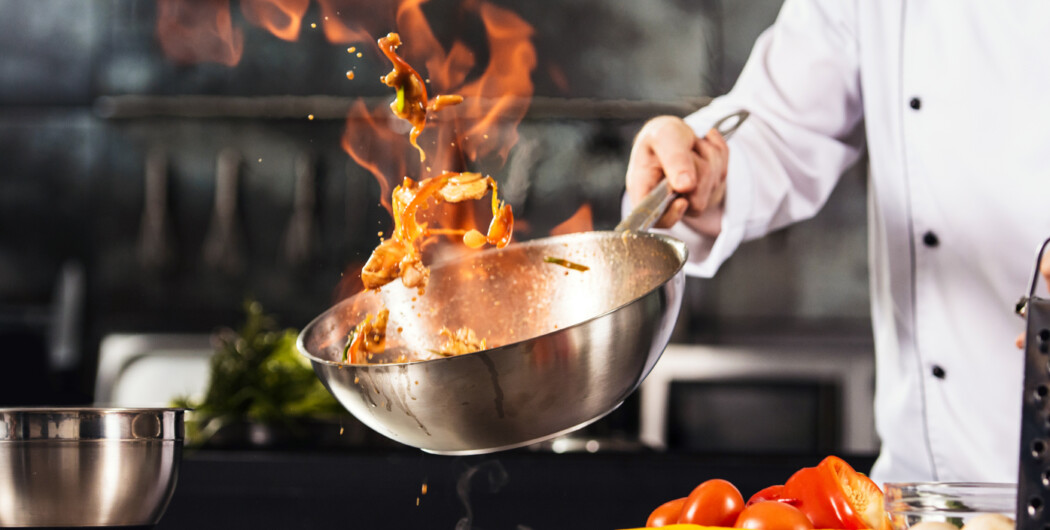

Trying new dishes can broaden your palate and is a fun way to explore new flavors and ingredients. One of the most interesting dishes is Brazilian Maniçoba, a type of stew that takes seven days to cook. If you don’t cook it long enough, there won’t be enough time for toxic substances to boil out, so it takes bravery to try.
Well, if you don’t want to try formerly toxic leaves, there are numerous other culinary options out there. These seven are actually great for traders who want to learn more about countries that are home to the busiest trading action.
Note: These seven dishes were chosen to represent some of the biggest and most influential trading markets in the world.
Beef Wellington, England, UK
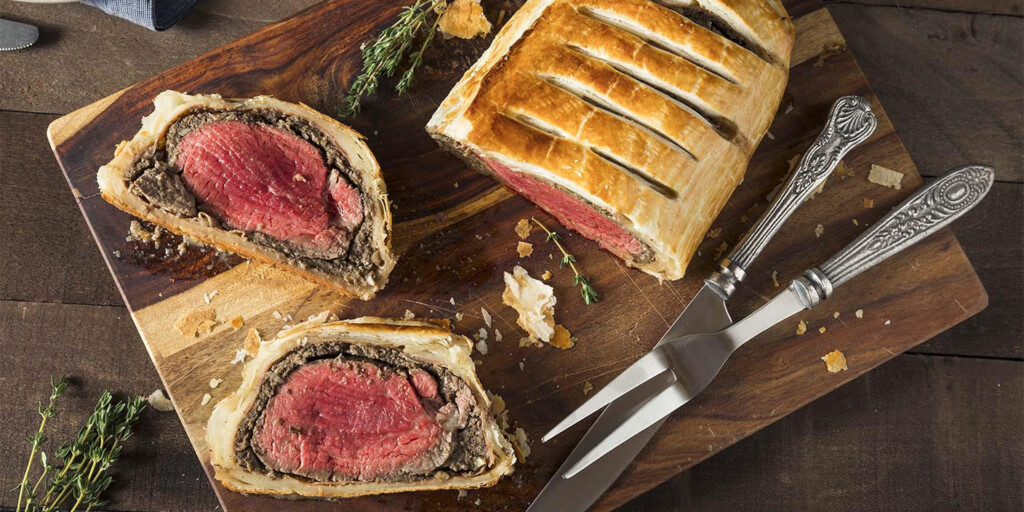
The United Kingdom is home to the eighth largest stock market – the London Stock Exchange (LSE). It is one of the oldest stock exchanges in the world and features BP, GlaxoSmithKline, and Royal Dutch Shell.
Representing the UK, Beef Wellington is a dish consisting of a tenderloin steak wrapped in puff pastry and baked until golden brown. It’s a classic pub dish that can also be found in many high-end restaurants.
Onion soup, France

The French stock market, also known as Euronext Paris, is part of the Euronext group, which also includes exchanges in Amsterdam, Brussels, and Lisbon. Together, they make up the sixth-largest market.
Onion soup is a French dish perfect for cold weather. It’s made with caramelized onions, beef broth, and topped with a crouton and melted Gruyere cheese.
Texas-style barbecue, USA
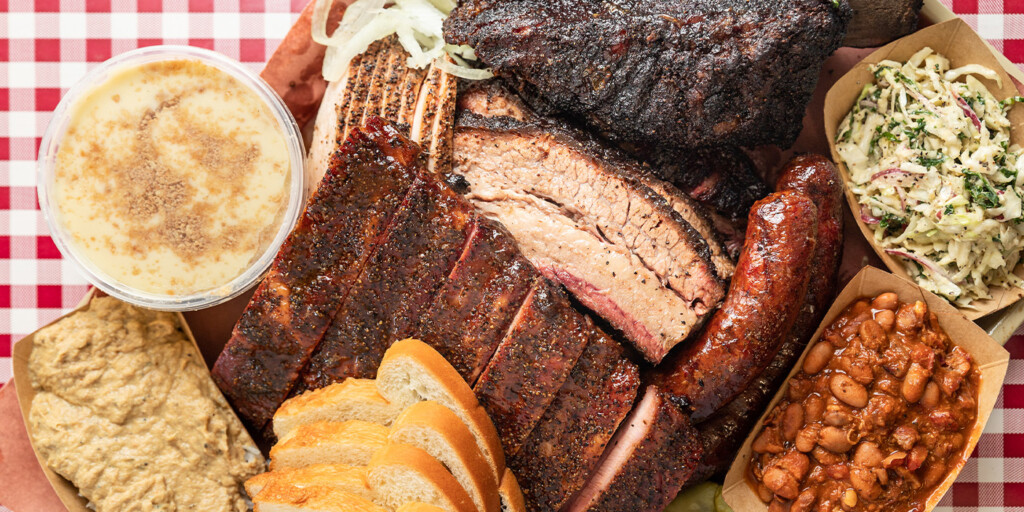
The United States has two of the biggest stock exchanges – the New York Stock Exchange (NYSE) and Nasdaq. The NYSE is the largest stock exchange in the world by market capitalization and lists Berkshire Hathaway, JPMorgan Chase & Co, and Visa. Nasdaq is known for listing technology-based companies such as Apple, Microsoft, and Amazon.
The US delegate is Texas-style barbecue, a popular style of barbecue that originated in Texas. It typically features beef brisket, pork ribs, and sausage, slow-cooked over a wood-fired pit.

Peking duck, China
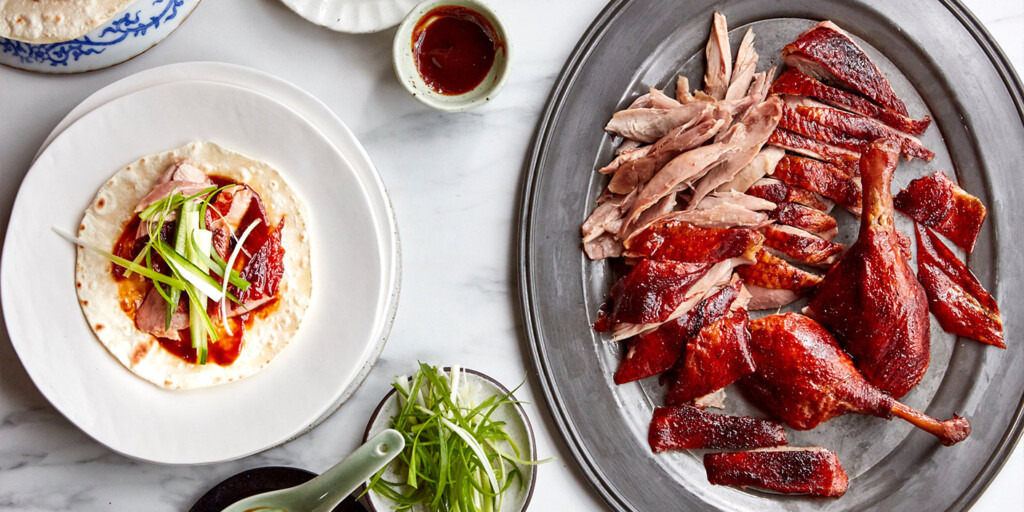
The Chinese stock market features two major exchanges – the Shanghai Stock Exchange (SSE), the fourth largest, and the Shenzhen Stock Exchange (SZSE), the sevens largest. The SSE focuses on larger, state-owned companies, while the SZSE focuses on small- and medium-sized enterprises and high-growth companies.
Representing China, Peking duck originated in Beijing and is roasted to perfection and served with thin pancakes, scallions, and hoisin sauce.
Ramen, Japan
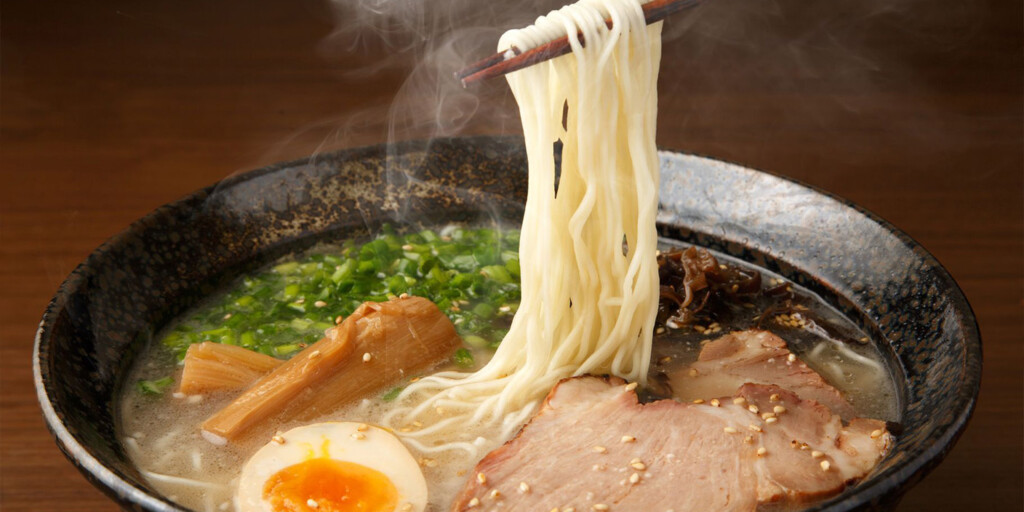
The Tokyo Stock Exchange (TSE) is the main stock exchange in Japan. It is the third-largest stock exchange in the world by market capitalization, and it is also one of the oldest stock exchanges in the world, having been established in 1878.
The Japanese dish of choice is Ramen which consists of wheat noodles served in a meat or fish-based broth, often flavored with soy sauce or miso, and topped with ingredients such as sliced pork, dried seaweed, and green onions.
Poutine, Canada
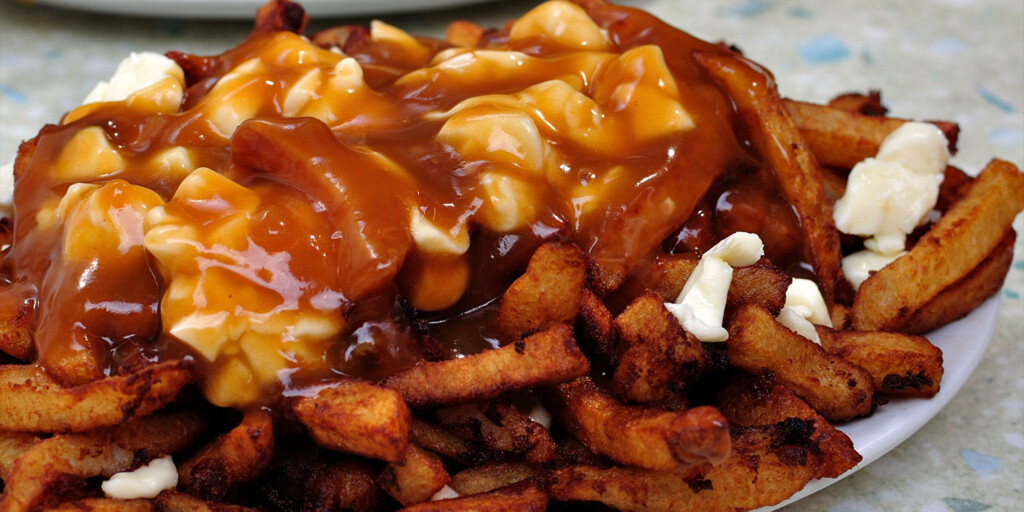
Canada’s major stock market is the Toronto Stock Exchange (TSX). It is the ninth-largest stock exchange in the world by market capitalization and is home to many of Canada’s largest companies, including Canadian Natural Resources, Brookfield Renewable Partners, and Brookfield Asset Management.
The resident Canadian on the list is Poutine, a dish made with French fries topped with gravy and cheese curds. It’s a comfort food that can be found in many diners and fast-food restaurants.
Dim Sum, Hong Kong
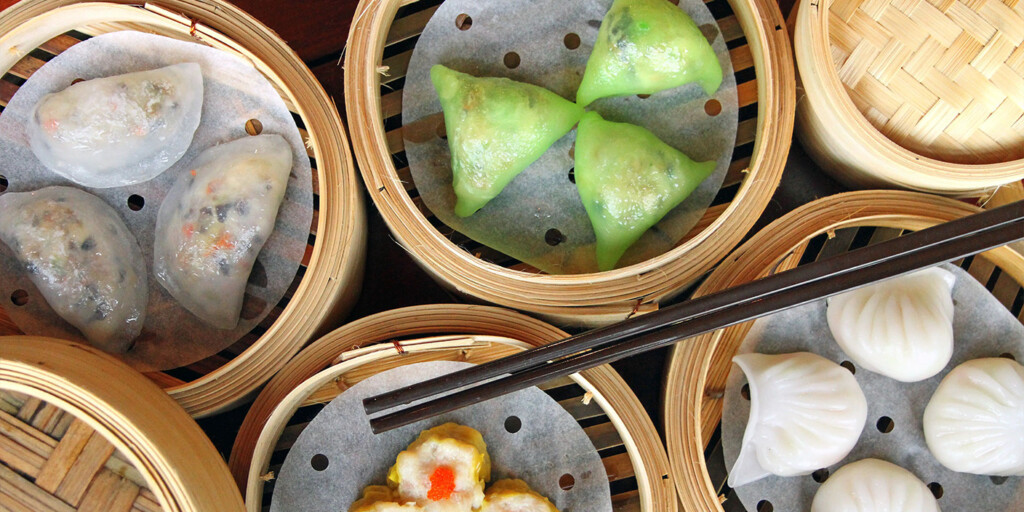
The Hong Kong Stock Exchange (HKEX) is the fifth-largest financial center in Asia and a popular destination for foreign investors looking to access the Eastern market. Some of the largest companies listed on the HKEX are AIA and Budweiser APAC.
Dim sum is Hong Kong’s local cuisine and consists of small plates of food, such as steamed dumplings, steamed buns, and fried shrimp.
Now you have a few more ideas on how to expand your culinary horizons, so go ahead!
Sources:
Here are the 10 biggest stock exchanges in the world, ranked by market cap, Business Insider
How a food becomes famous, National Geographic








